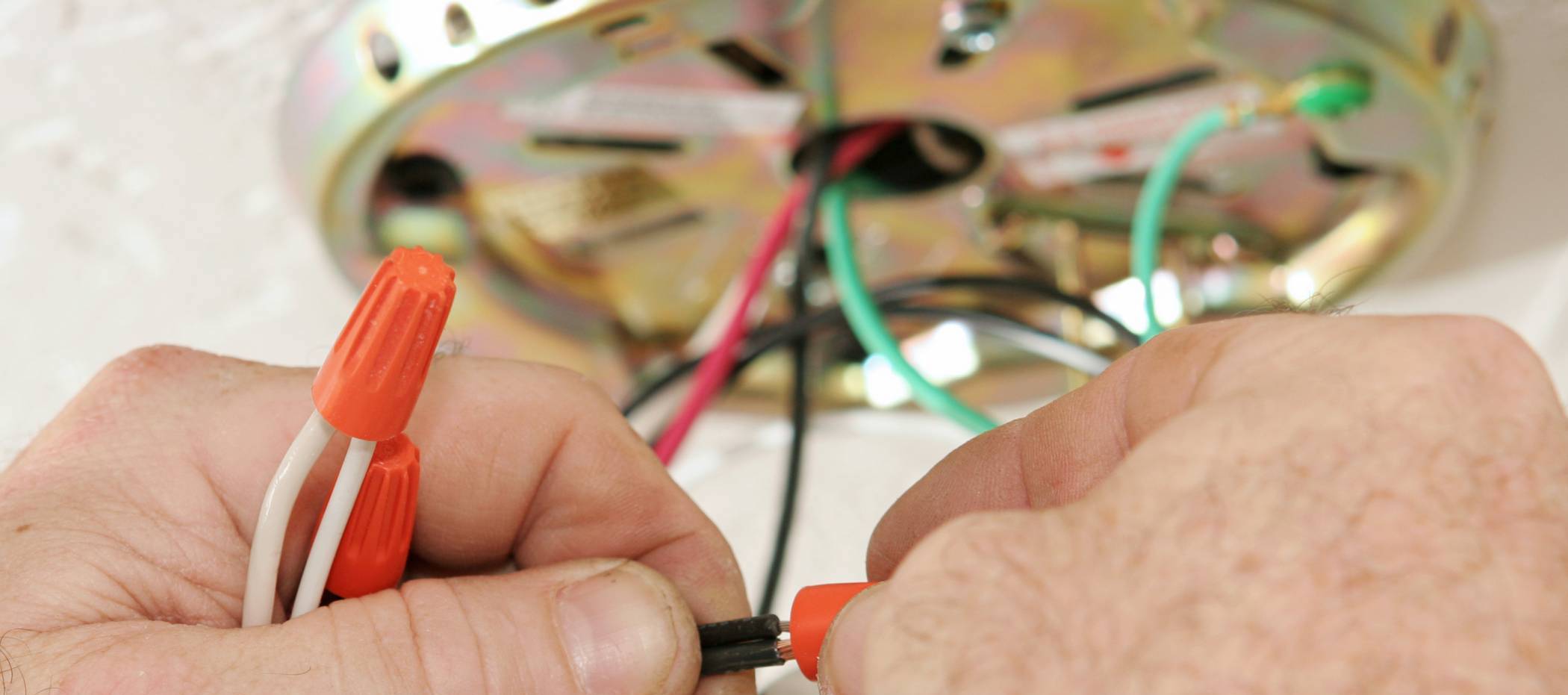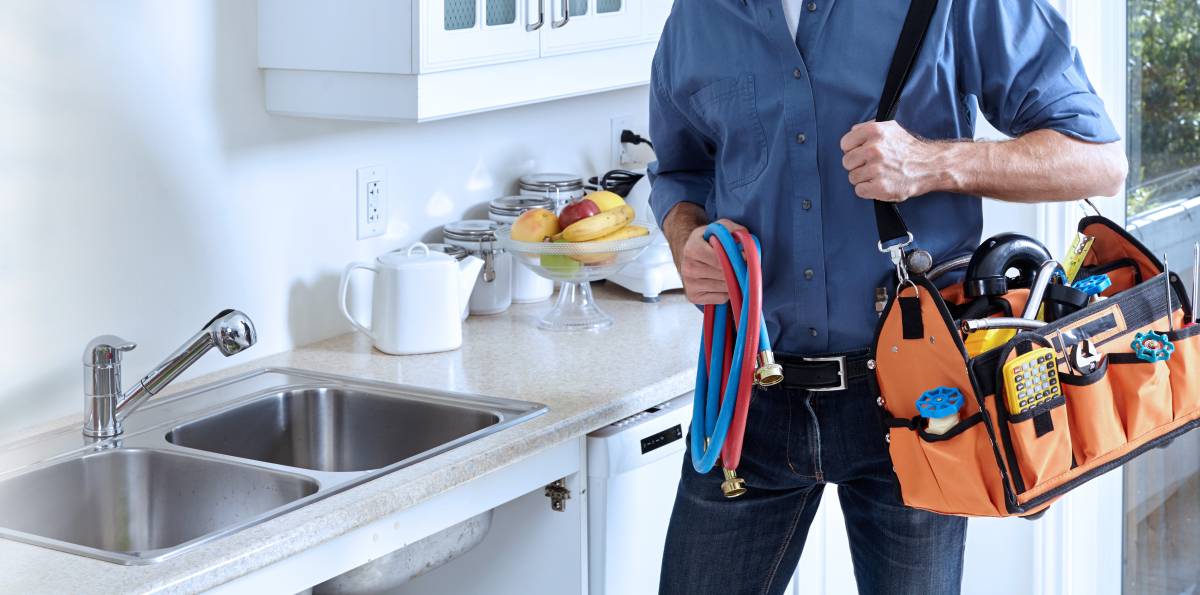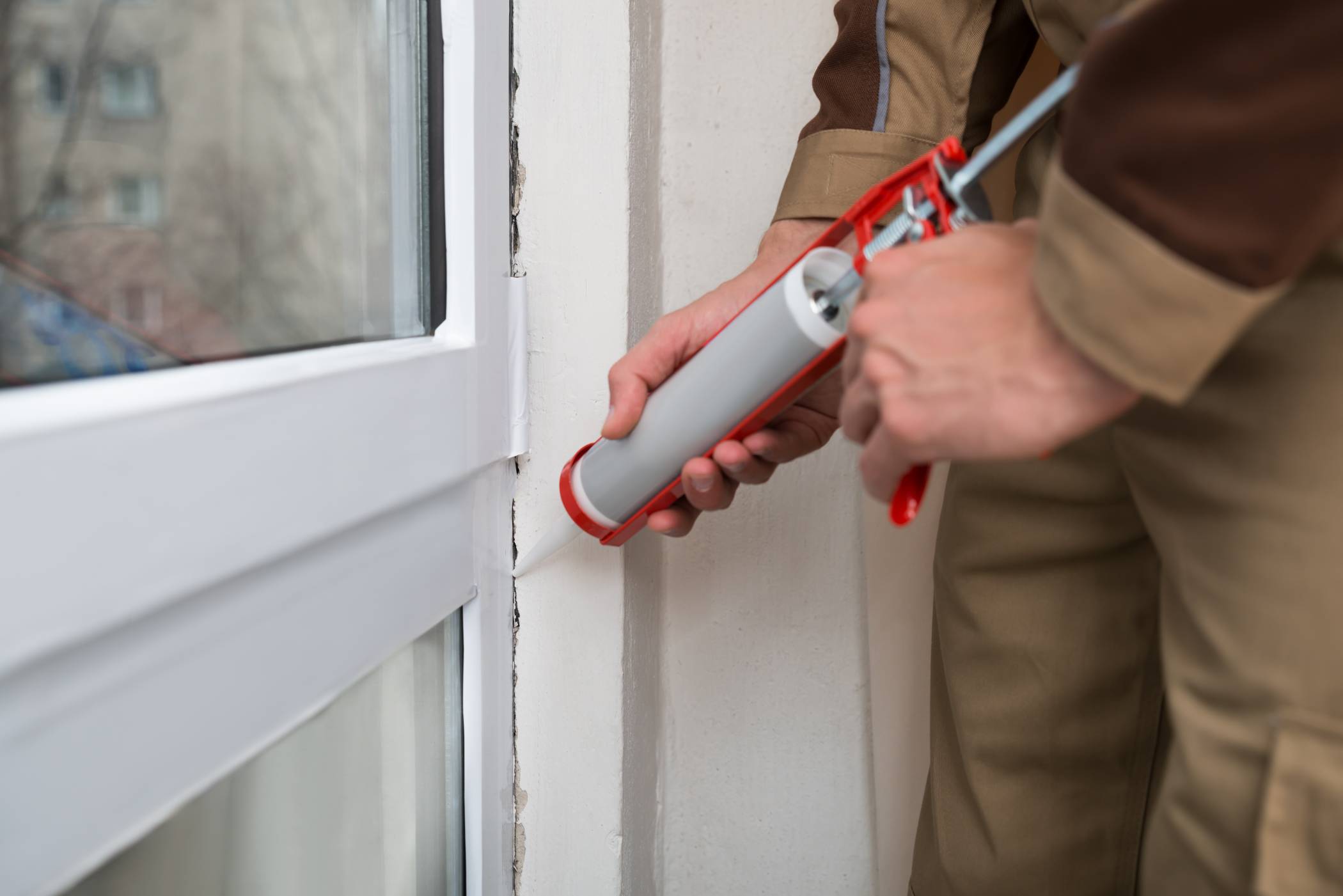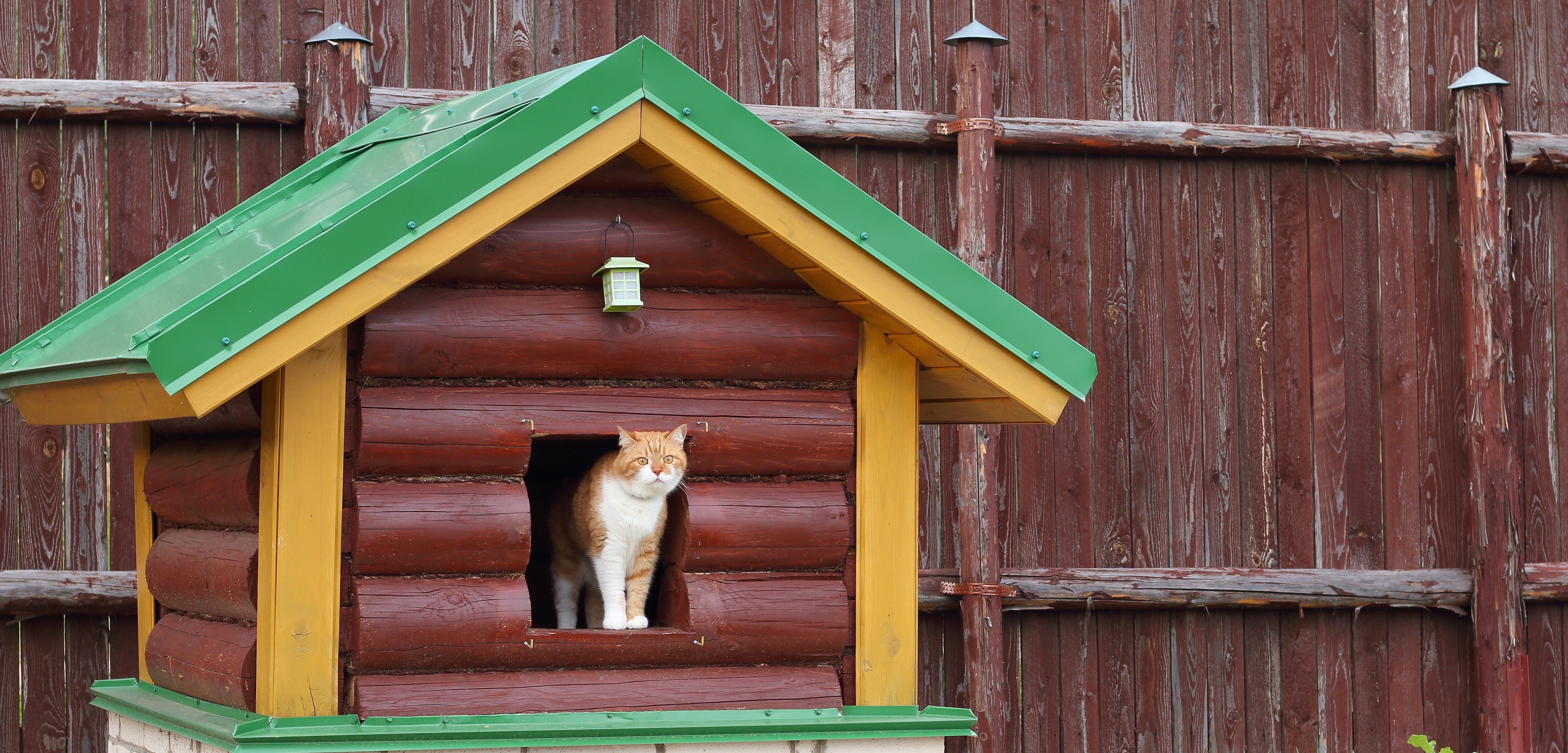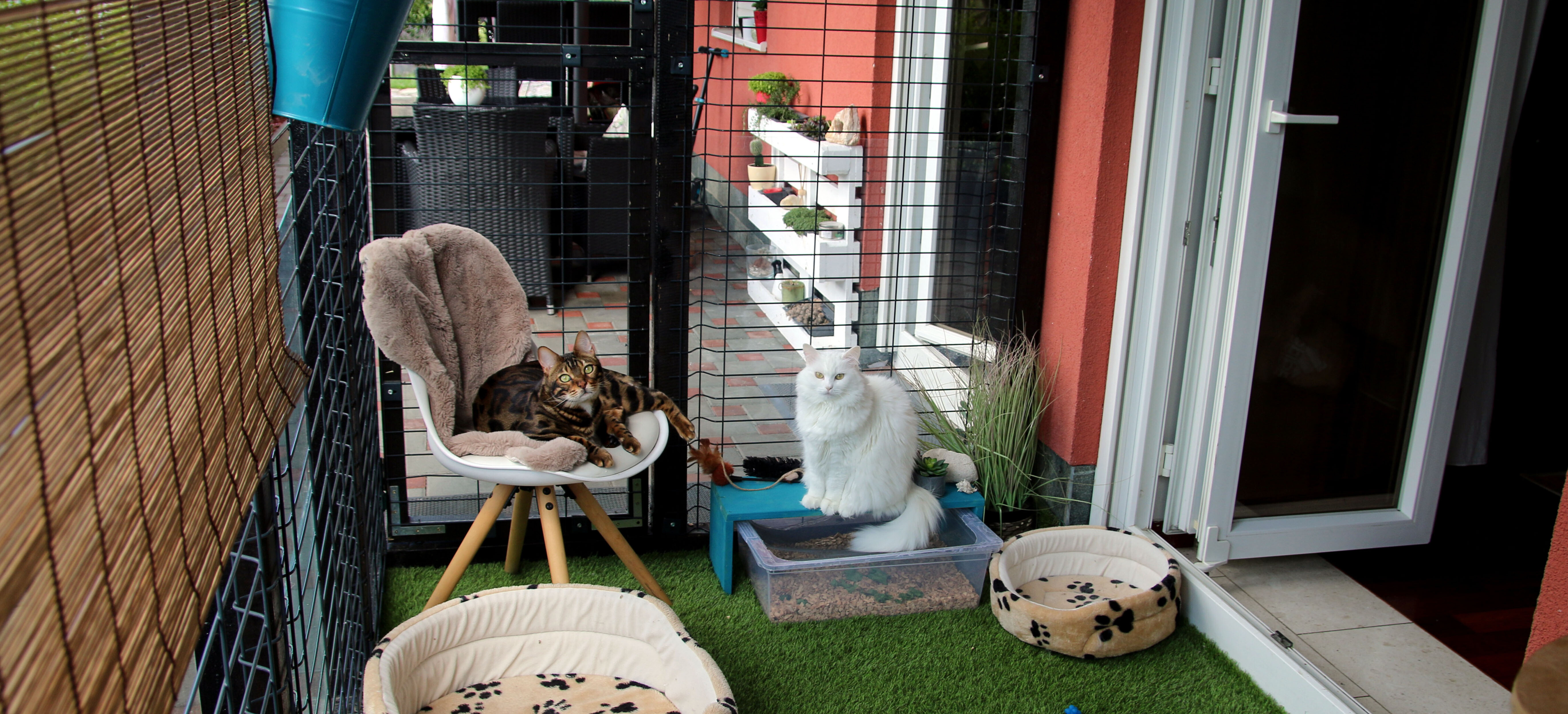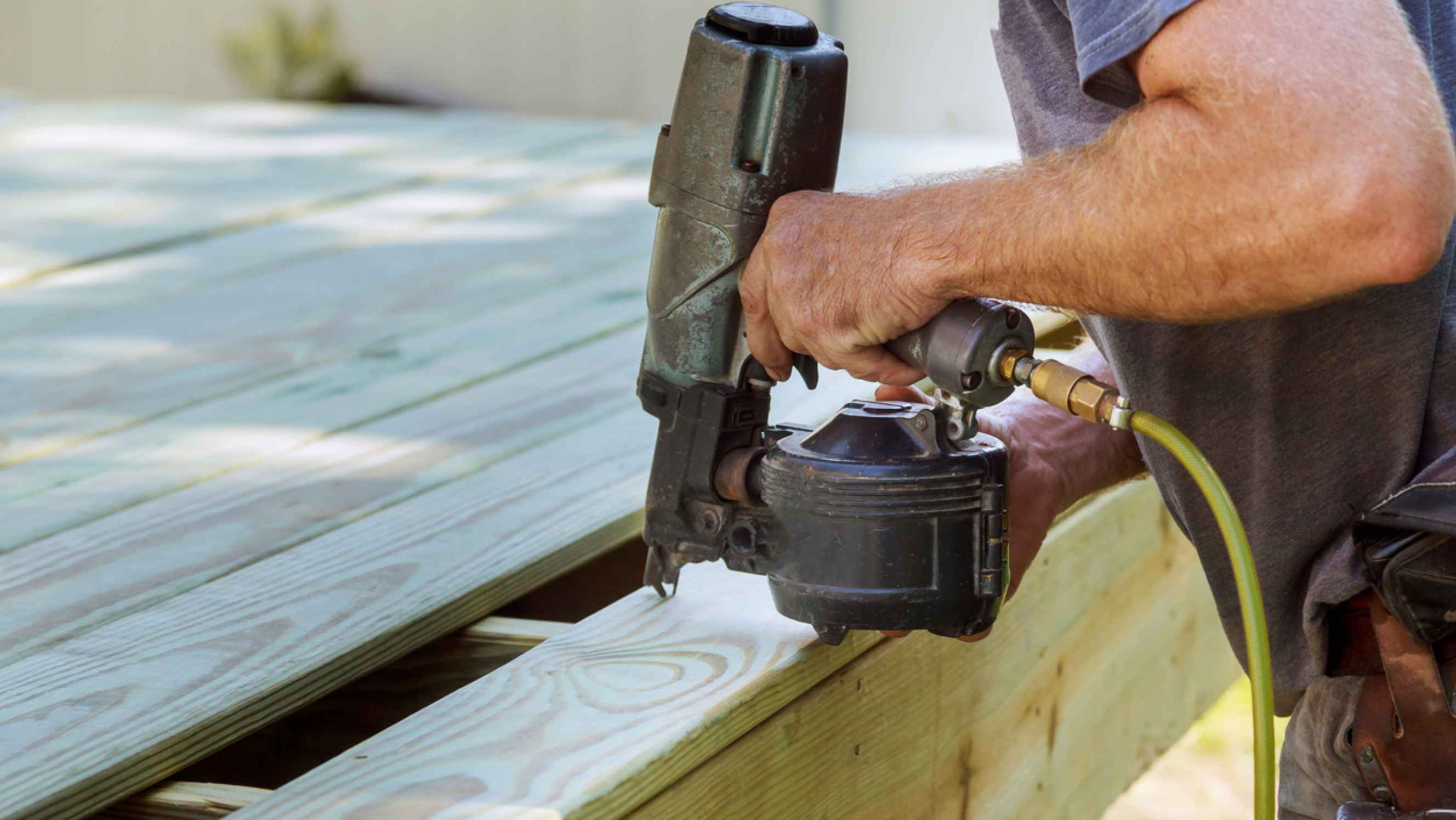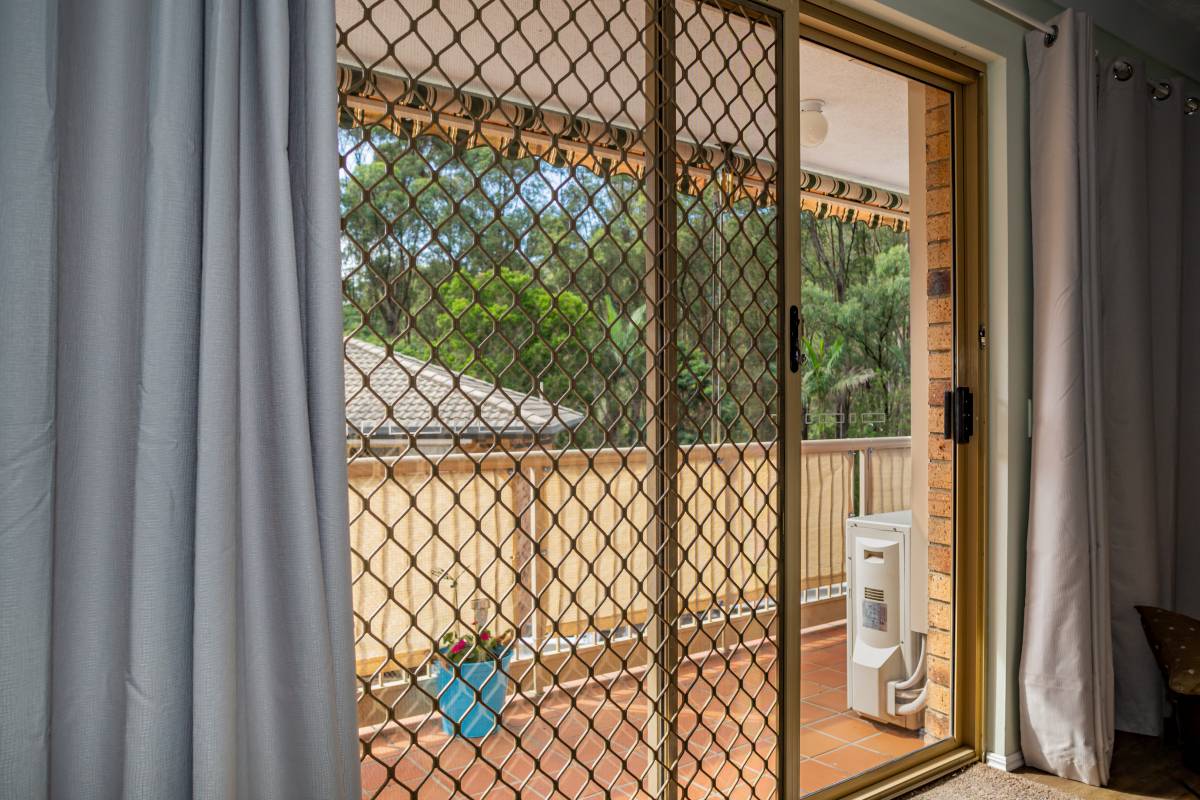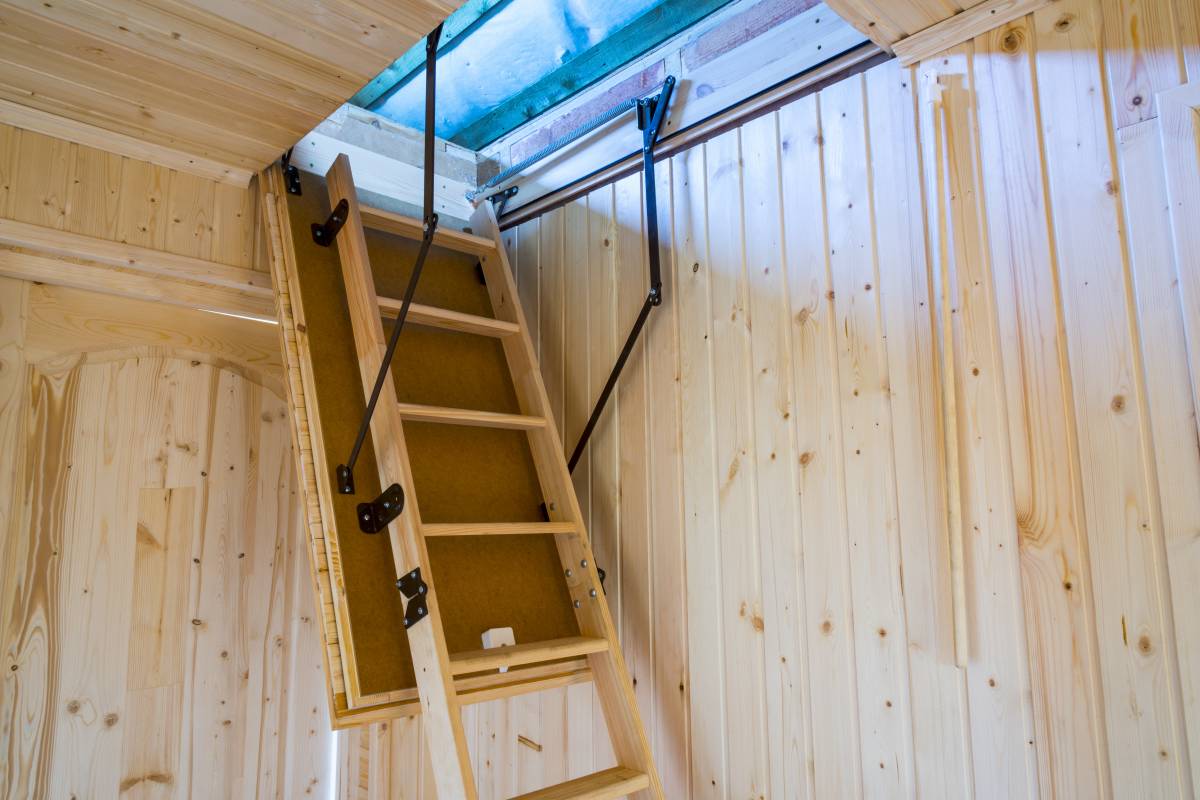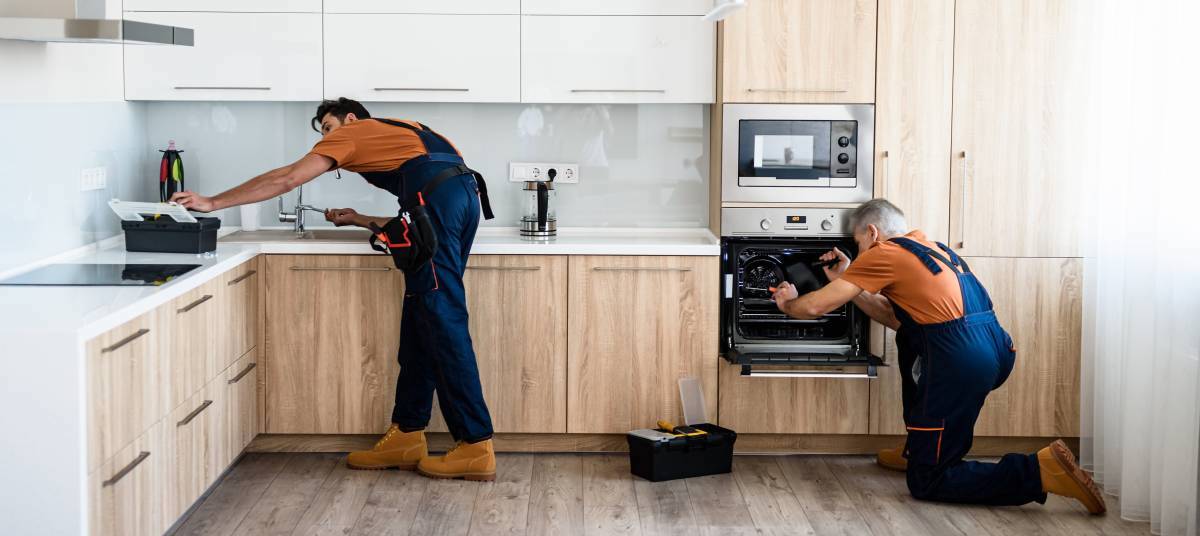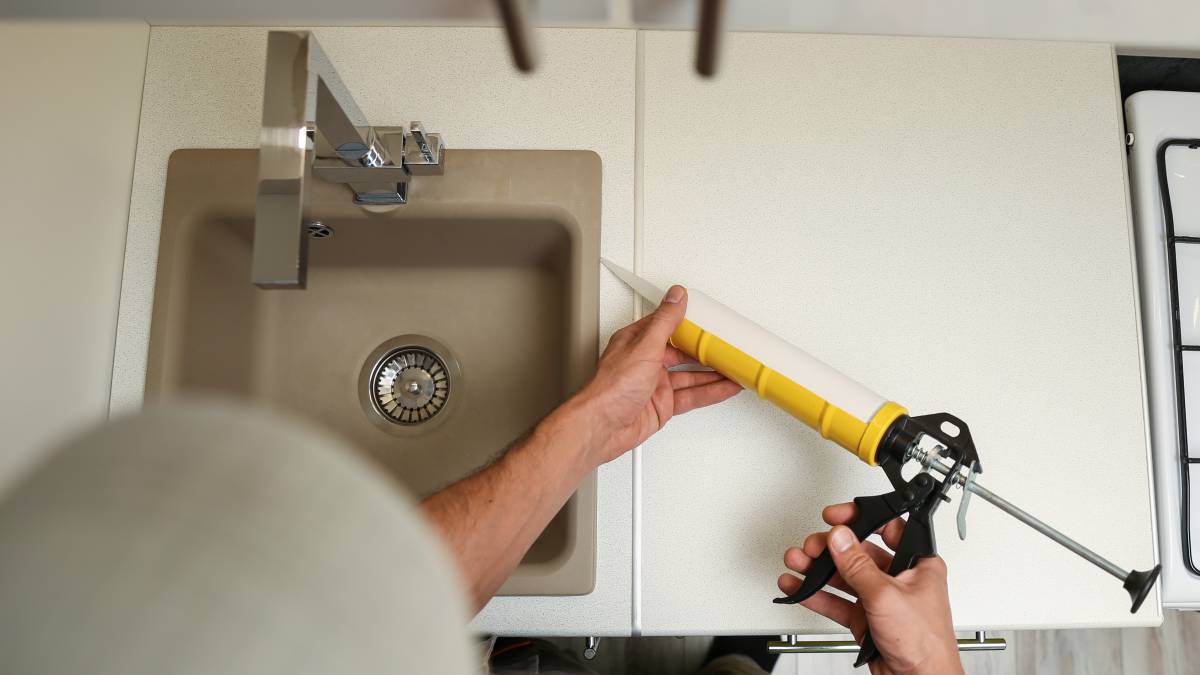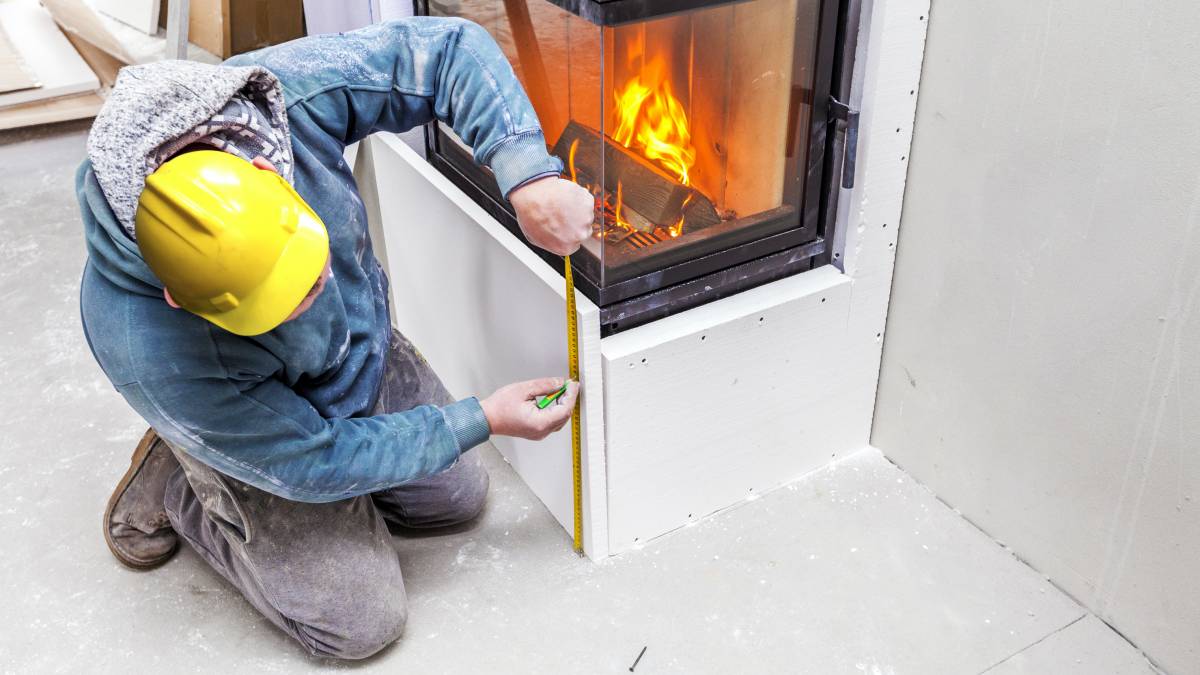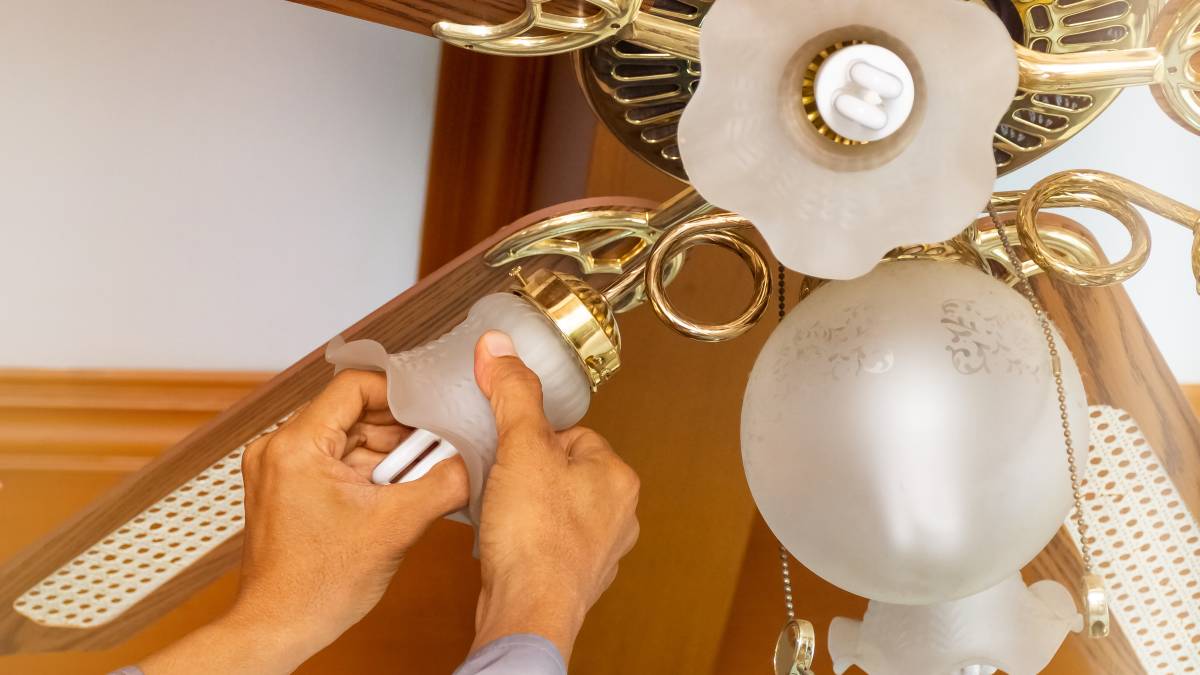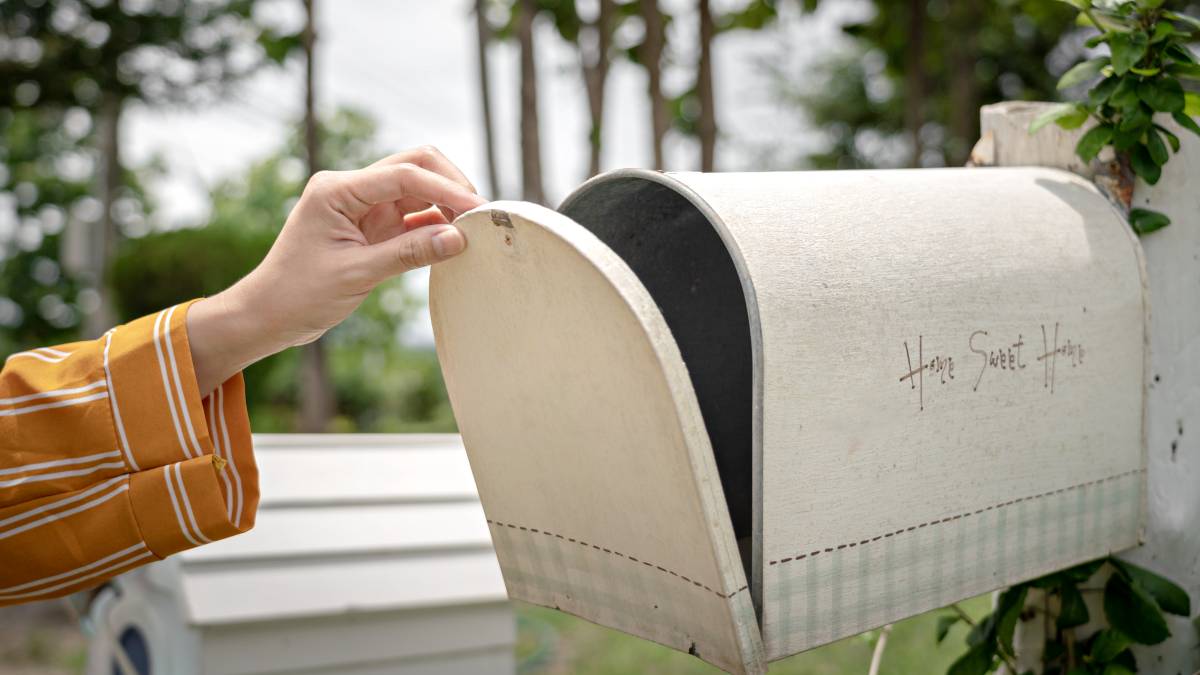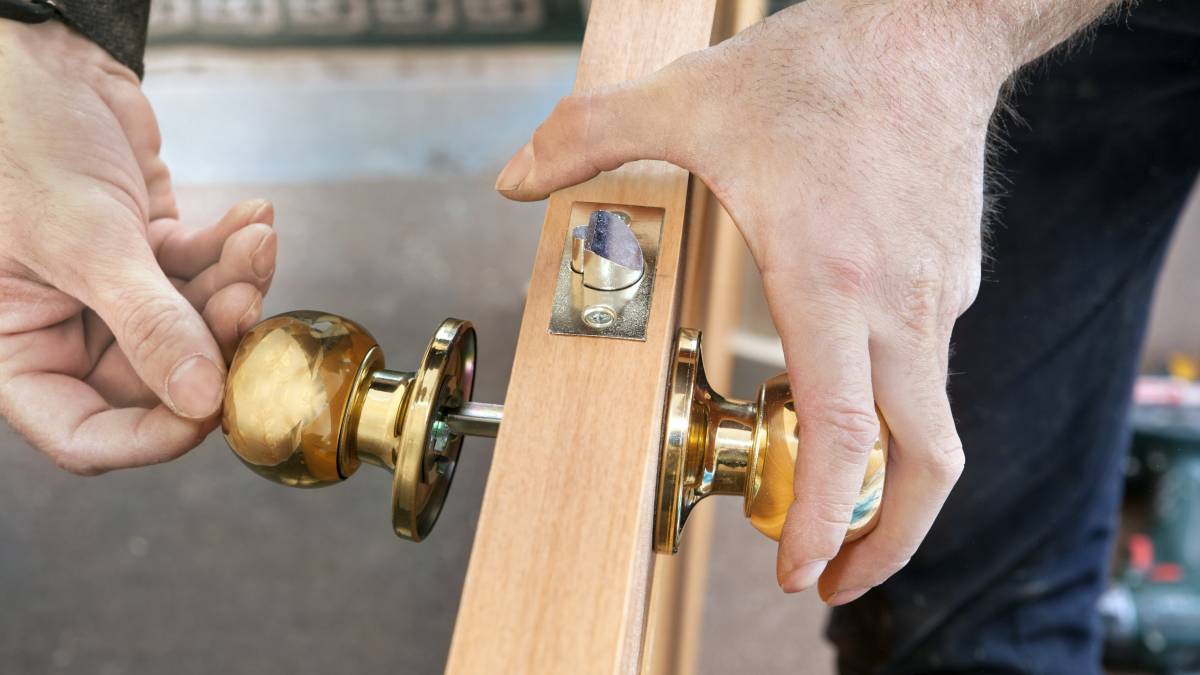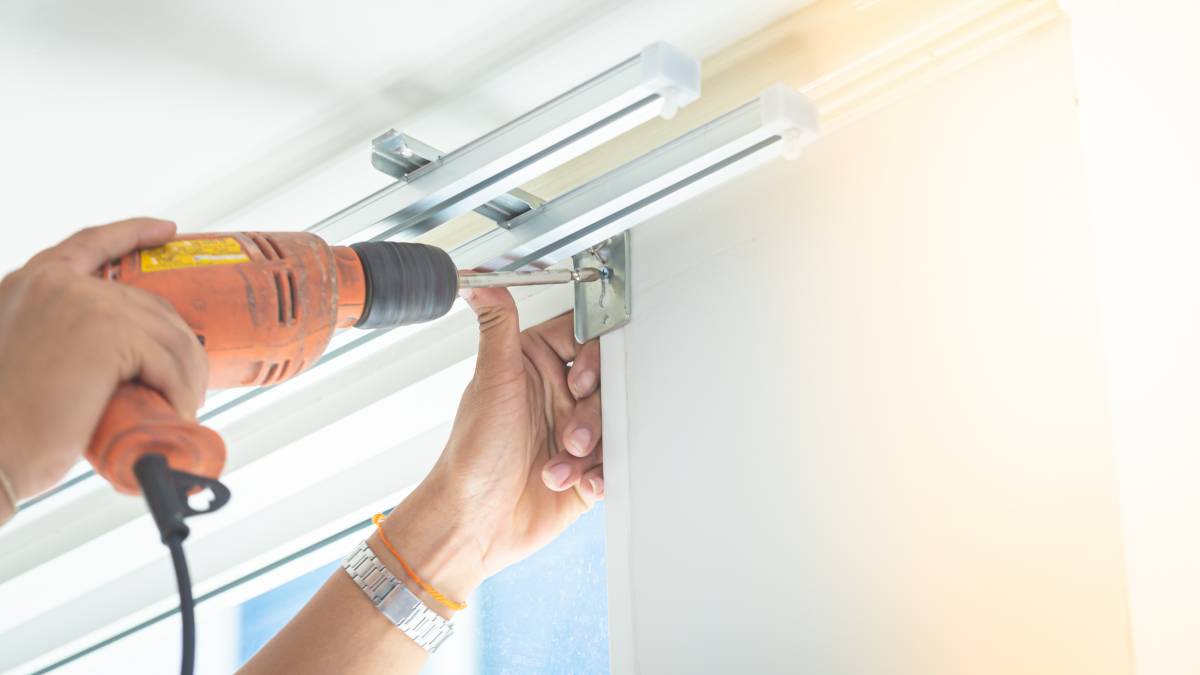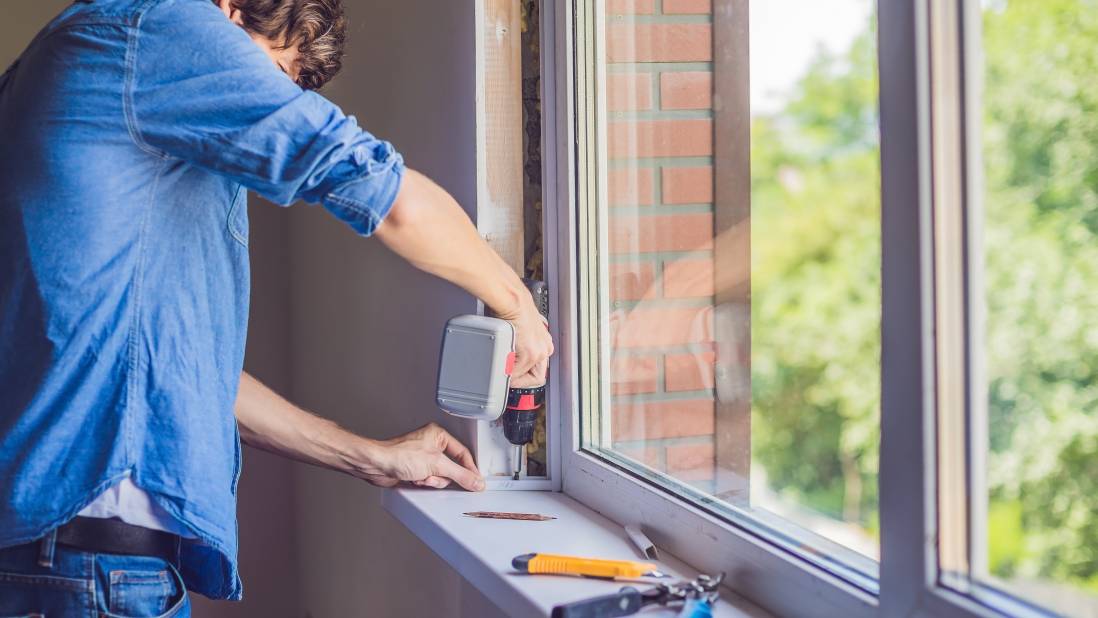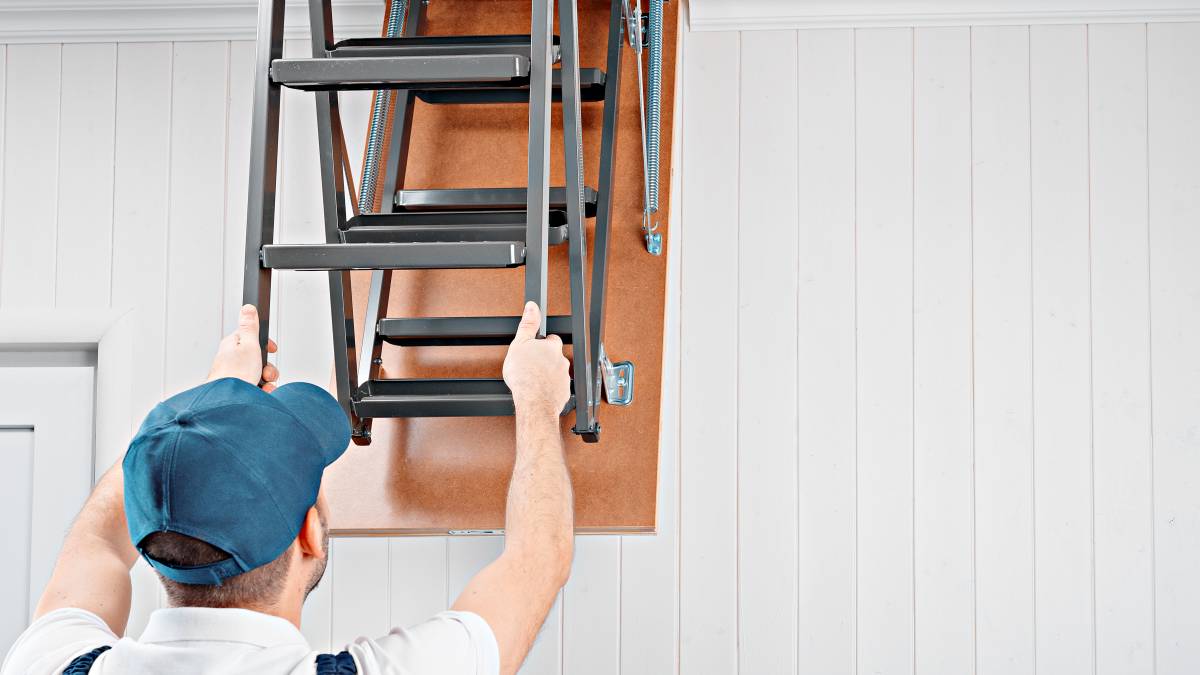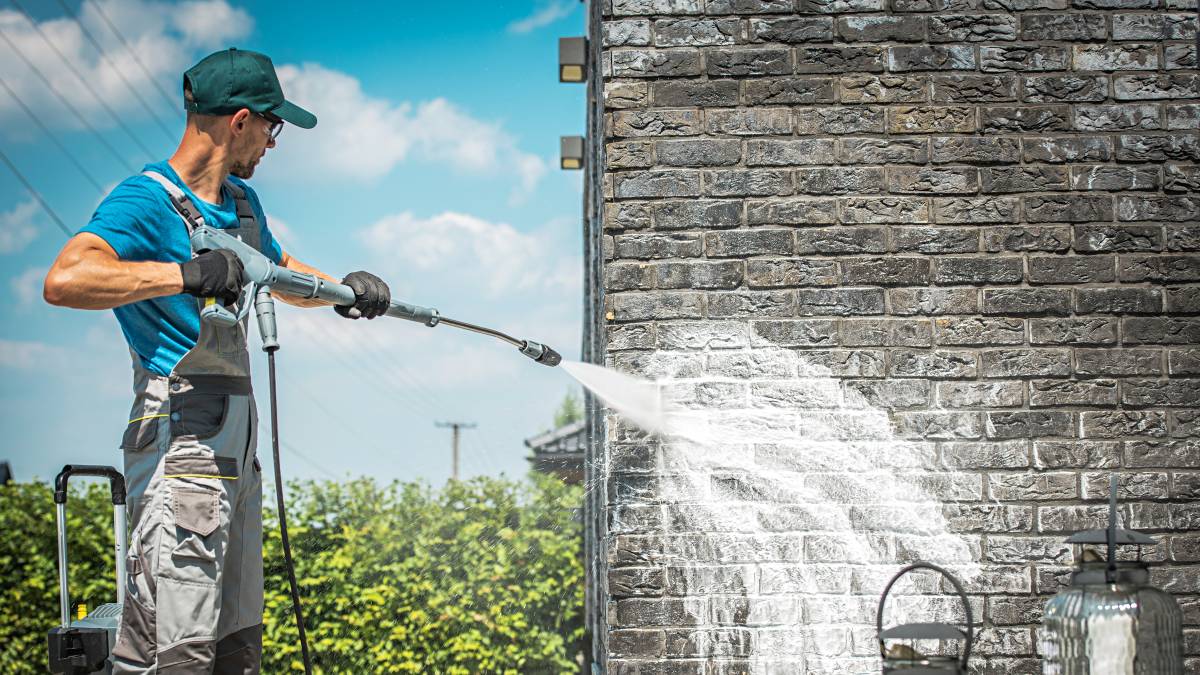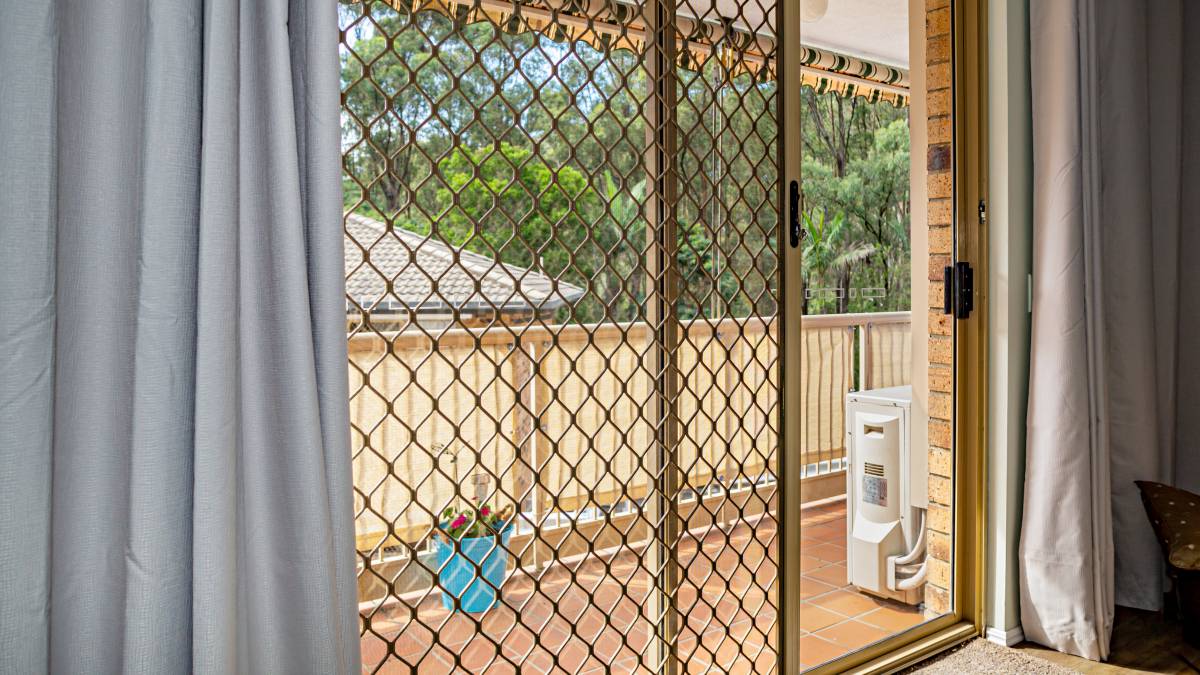- Home/
- Guides/
- Chicken Coops/
- How to Fox Proof Your Chicken Coop
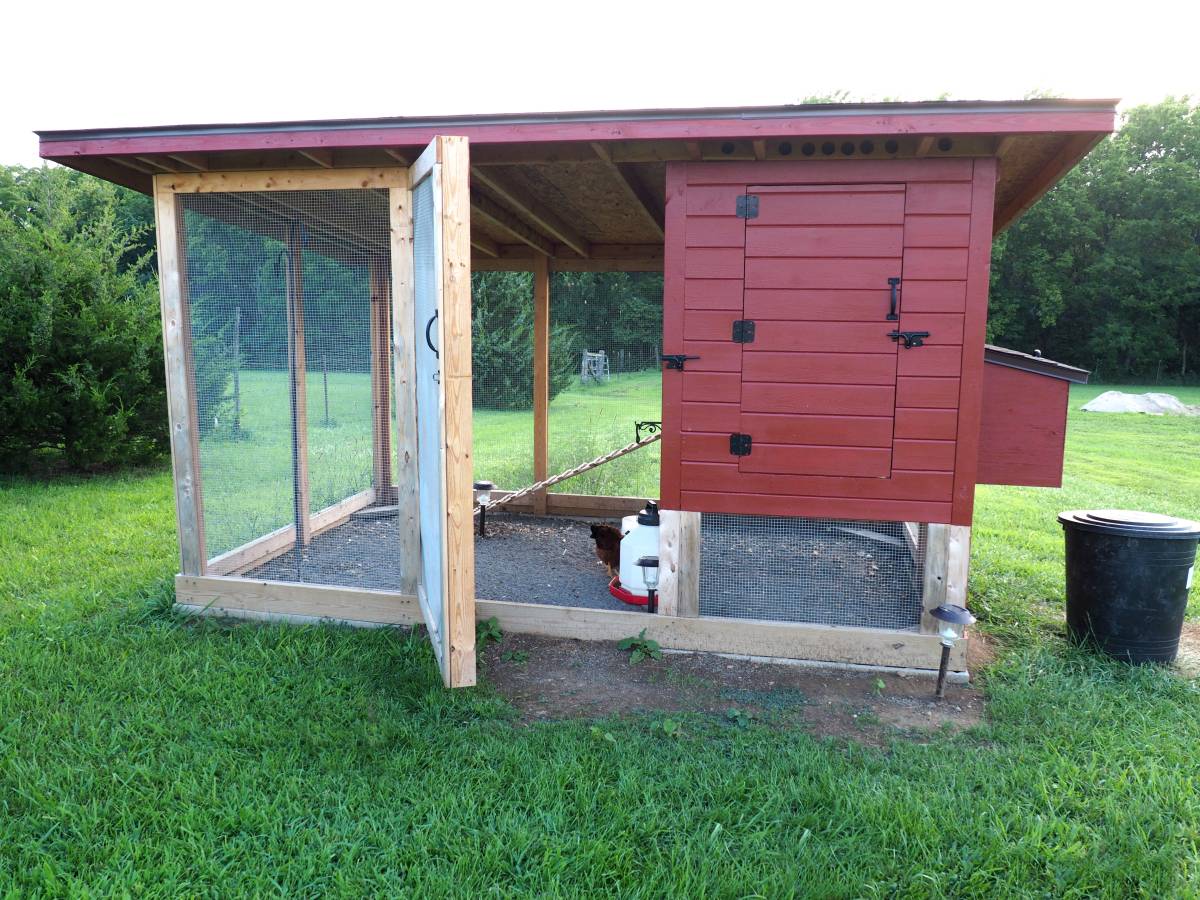
How to fox proof your chicken coop
All you need to know for protecting your chickens against one of their oldest enemies.
Find a handyman for chicken coopsLast Updated on
It has been an age-old battle—the fox versus the hen. And when you own a chicken coop, a chance of an attack becomes a bit more real.
They may look adorable, but foxes are a nuisance, with around 1.7 million of them killing 300 million animals native to Australia each year.
It’s no secret that foxes love the taste of chicken. Old geezer or fresh out of the nest, no chicken is safe unless you take the appropriate measures to protect your brood. A nice set of handyman skills is all you need, and you’ll be able to fox proof your chicken coop in no time.

Features of a fox-proof chicken coop
Chicken, other breeds of poultry, lambs, small mammals, and reptiles are all culinary favourites of foxes that are now considered pests. Knowing what works in building a protected home is key to keeping these predators out.
Effective fox-proof chicken coops need to include some important design features:
A fully-enclosed chicken house with a fox proof door, roof, and concrete floor or netting.
Foxes can climb and scale fences with ease, even if they are electrified. A secure chicken coop needs to be gap-free, including around the base, roof, and door area.
A curved overhang should be included to prevent foxes from jumping and scaling the fence.
Bury wire netting a minimum of 450mm below ground level to prevent foxes from digging under the fence.
Include an apron of netting at the base of the fence angled outwards for 500mm. This will also discourage foxes from digging under.
Place a 600mm strip of metal sheeting or shade cloth material around the bottom of the fence on the inside. This will harbour the ability for foxes and other predators to see what is inside the pen. 10mm bird or mouse wire is the most effective wire to use.
Guard dogs are one of the best ways to keep foxes away from chickens. You can train and keep one to protect your flock in and around the coop perimeter, especially at night.
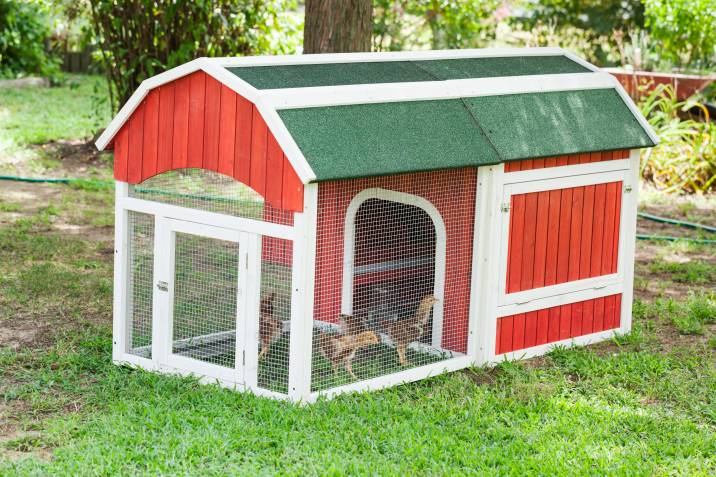
Why is it a good idea to build a fox-proof chicken pen?
Custom-made chicken coops are great if you are not so keen on supplying a fresh meal for a fox every night. Secure chicken coops are considered one of the easiest to master and most humane ways of controlling foxes.
Steps to fox proof a chicken coop
The key to building a chicken coop that’s fox proof is knowing what the enemy is capable of. Foxes are experts at climbing, digging, and sniffing out a chicken a mile away. Here are the handyman secrets for fox proofing a chicken coop and building an area that will keep your chickens safe from their cunning arch enemies.
Step 1: Modify the surrounding habitat
What you’ll need: plastic fence spikes
The best way to start is by making sure to turn your property and its surrounding area into a “no man’s land” for foxes. Take out all the places they could hide by removing spaces that they could hide around or under the house, barn, and shed, among other places.
You can take it up a notch by installing plastic spikes on your fence overhang to prevent these hunters from scaling your property’s fence and wreaking havoc in your property. They may not be as harmful as barbed wire, but they sure can deter intruders like a hungry fox.
Foxes are also known to be scavengers. They’ll make your rubbish bin a buffet pit stop, so make sure all food rubbish is safely stowed away in wheelie bins and covered to keep the smell in.
Step 2: Build a sturdy fox proof enclosure
What you’ll need: 2 x 4 wooden posts, heavy-duty chicken wire, and chain-link mesh
Foxes are sly and resourceful creatures, able to climb and dig just to get to their dirty little paws on some tasty chickens. This gives you more reason to protect your coop, and make sure there is no way they can get through. Your next line of defense? A sturdy fox proof enclosure.
Building a fence around the coop gives your feathered friends an extra layer of protection and a high chance of survival. To simplify its construction, use the 2 x 4 wooden posts as the foundation of the enclosure. Use the chain link mesh for the fox proof fencing wall, and tack on heavy-duty chicken wire to create an apron and keep the foxes from digging under the gaps.
Avoid using standard chicken wire and instead, go for a heavier gauge. Foxes can chew and break through thin wire, so it would be prudent to go for at least 0.9mm thickness. Make sure to dig a trench and bury the fencing to prevent them from digging a hole under the fence.
| You might also like: How much does it cost to build a fence? |
Step 3: Consider installing an electric fence
What you’ll need: a wire fence, an energy source, metal or wooden posts, grounding rods, grounding wire, grounding clamp, connectors, and a voltmeter
To increase your chickens’ safety inside your coop, installing an electric fence is a great option. This is one of the most effective methods in deterring foxes, and expert-level advice when building a fox proof chicken coop.
You might think that an electric fence is a bit extreme, but if you’re dealing with a growing fox problem that can potentially destroy your livelihood, this should be the answer.
The electrical current can be applied to your enclosure fence to keep the foxes as far away from the coop as possible. To make sure you set it up correctly, have a sparky handle the installation.
| You might also like:How much does chain link fencing cost? |
Step 4: Reinforce your chicken coop
The chicken coop is the last line of defense and the most important subject of your fox proofing venture. Take note of the features mentioned above and apply them whenever possible. Plan everything from the coop floor and the wire mesh walls down to the design details such as the overhang fences and wire mesh aprons. Remember, you can never be too careful when it comes to foxes.

Other humane methods of controlling foxes
Add sensor lights to the exterior of your chicken coop. The bright sensor light will scare away foxes and other predators when activated.
Adopt a family dog and listen for cues. They are generally good at knowing when there is a fox about, and their territorial nature can drive them away.
Do not leave your chickens roaming free at night time. This is too much of a temptation and an easy target for foxes who will thank you for the free meal.
Make use of repellents such as chemical scent repellents, motion-activated sprinklers, and ultrasonic devices, among others. All of these can help turn your chicken coop into an undesirable area for foxes.
If you are encountering ongoing problems with foxes on your property, contact your local council.
Swiper no swiping
With some appropriate pet care for your chickens, foxes will become just a problem of the past. Not so handy on the tools? Just hire a handyman to fox proof your chicken coop. They will have it done in no time at all.
FAQs on Building Chicken Coops
A trained dog can guard the property and keep foxes away from your chickens. Dogs are the perfect sentries, so they can guard the perimeter throughout the day, especially at night, and easily detect any fox that attempts to trespass and make a meal out of your chickens.
Foxes are crafty creatures. Adults can go through a 10cm hole and use their teeth to tear apart thin wire. Go for at least a 0.9mm gauge or thicker and an opening size of no larger than 80mm to make sure your coop is fox proof.
Find chicken coop assembly experts, fast
Find a chicken coop assembly expert
Related articles

How to fox proof your chicken coop
Read more

How to install curtain rods
Read more

Best blue-collar jobs on Airtasker
Read more

How to Soundproof a Room
Read more

30 Eye-catching pantry door ideas
Read more
Related price guides

What are average handyman prices?
Read more

How much does treadmill repair cost?
Read more

How much does clock repair cost?
Read more

How much does hot tub repair cost?
Read more

How much do roman blinds cost?
Read more

How much does window repair cost?
Read more

How much does signage cost?
Read more

How much do chainsaw services cost?
Read more








